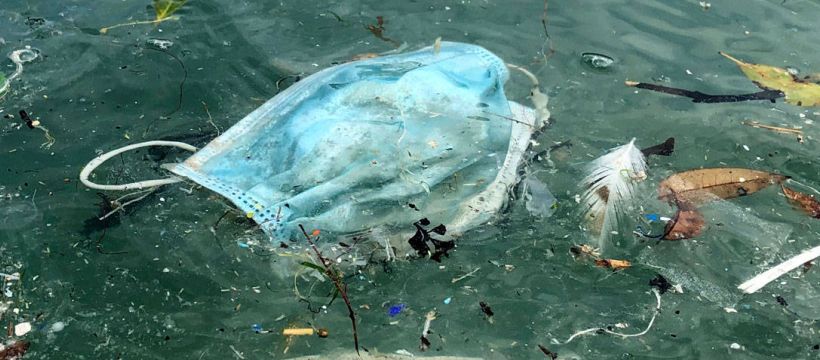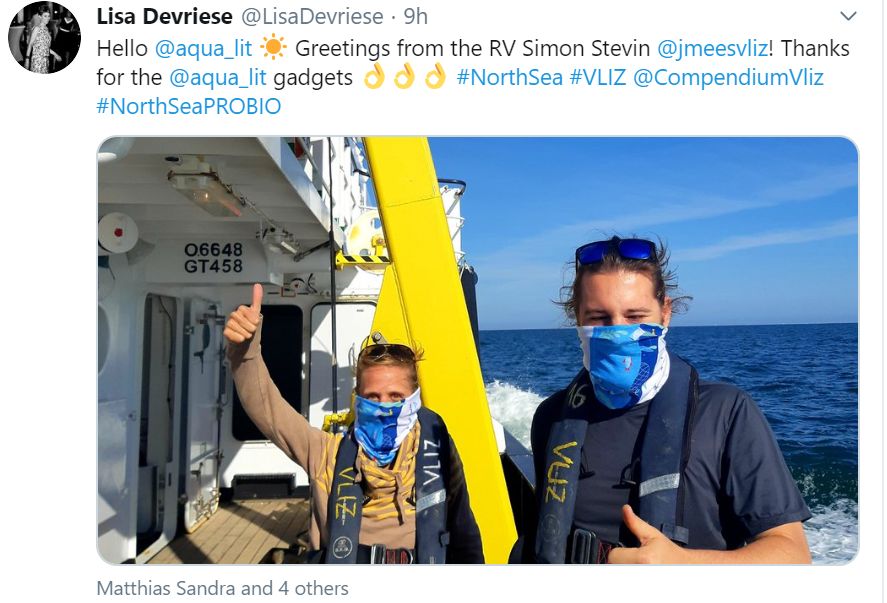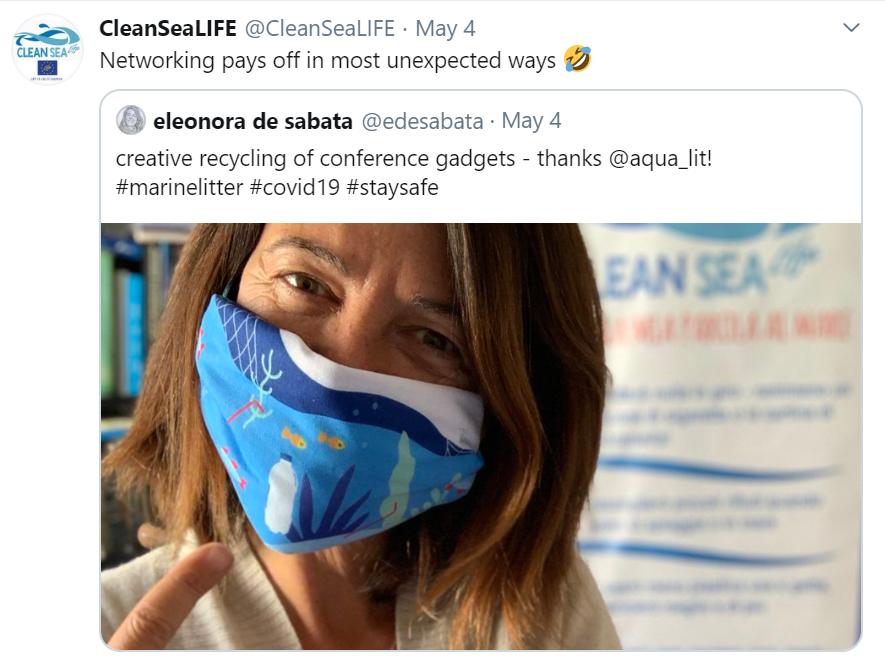The use of disposable gloves, masks and other personal protective equipment (PPE) has exponentially grown in the last months, as essential tools for protecting individuals against catching or spreading COVID-19. Unfortunately, environmentalists are concern about the negative consequences for wildlife, the ocean and the fight against plastic pollution, since these items are not always properly disposed.
Masks and gloves have been recently found on city streets, beaches and in the wild. This is because are not properly disposed of due to lack of guidelines and awareness, or simply because they are light enough be easily lost. Moreover, their end of life is also a controversial matter: in most of the countries, PPE used in the hospital, for example, is considered hazardous waste because highly infected, and it is burnt in incinerators plans.

Picture Source: https://bit.ly/3c9Ev99
Due to the shortage of items, for economic or for sustainability reasons, people have been starting to avoid the use single-use mask creating their own ones with fabric available at home, or purchasing from small business...
..or making use of cool gadgets found at home!


VLIZ Team on the Research Vessel Simon Stevin and Eleonora from CleanSea LIFE project using beautiful AQUA-LIT Bandana as a protective mask
Home-made cloth masks can be used as more sustainable solutions when properly done and used (CDC).
The COVID-19 pandemic and its implications should not be seen as an obstacle for sustainable solutions on daily single-use items; this moment can be instead an opportunity for betting on circular economy as a good alternative solution to the resource constraints and to avoid generating another threat for our environment.
Do you want to know more?
- The Glove Challenge
- Coronavirus plastic waste polluting the environment
- What happens to waste PPE during the coronavirus pandemic?
- Coronavirus: Which Face Masks Are More Sustainable?
- Circular economy principles are alleviating COVID-19 shortages